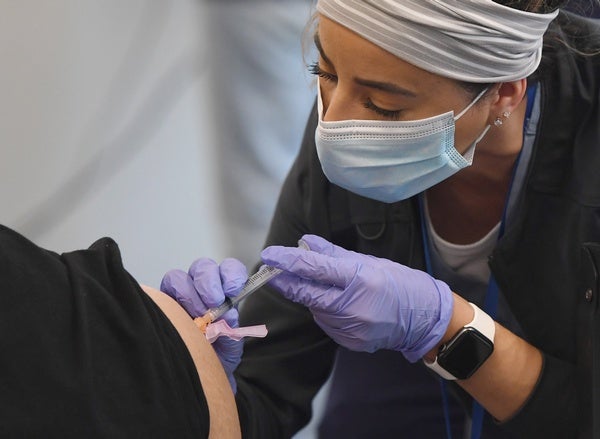 |
| August 04, 2021 |
 |
| |
| |
| |
| Sponsor Content Provided by Park Row Books When a disaster strikes are we ready to manage the crisis? Part memoir, part expert analysis, Disasterology is a passionate and personal account of a country in crisis—one unprepared to deal with the disasters of today and those looming in our future. | | | | |
| |
| |
| |
| |
| Extraterrestrial Life Future Space Travel Might Require Mushrooms Mycologist Paul Stamets discusses the potential extraterrestrial uses of fungi, including terraforming planets, building human habitats—and providing psilocybin therapy to astronauts | | | | |
| Space Exploration Can the U.S. and China Cooperate in Space? China's meteoric rise in space science and exploration—along with its new partnership with Russia—is spurring U.S. experts to reconsider a long-standing prohibition on bilateral collaborations | | | | |
FROM THE STORE
 | | The Science of Birds Birds are fascinating creatures. They descend from dinosaurs, soar the skies and display cognitive abilities once thought to be reserved for humans. It's easy to understand why so many people are passionate birders. The more you learn about birds, the more captivating they are, and in this eBook, we examine what we know about bird evolution, intelligence, communication, migration and behavior. |  | | |
| |
FROM THE ARCHIVE
 | | | |
| |
LATEST ISSUES
 |
| |
| Questions? Comments?  | |
| Download the Scientific American App |
| |
| |




